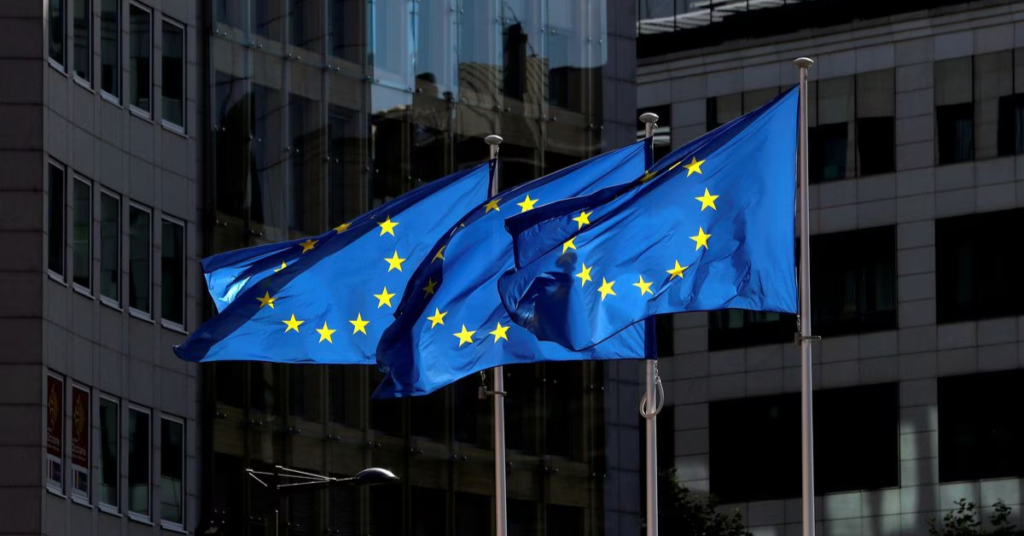Since King IV came into effect in 2017, a shift toward an ‘apply and explain’ approach has become a heavy influence on businesses in South Africa. While the King report, since its first début, has always served as a standard for which corporate governance is to be measured against, this change in the report’s most recent revision has proven to be pivotal toward improving Governance, Risk and Compliance (GRC) to result in a greater degree of application.
Many organisations have and continue to neglect compliance as an important part of their business processes, failing to address it with the seriousness it requires and often resulting in unfavourable outcomes. We are most likely going to see many more instances of this globally, as the world makes strenuous efforts to navigate the current Covid-19 pandemic, which brings in its wake a tumultuous amount of damage that traverses many different industries and geographies. Some larger, more developed and experienced businesses may stand a better chance of survival than smaller corporations that may not have the resources to carry them through. In the face of a crisis and looming uncertainty, it is a common mistake to let compliance fall by the wayside.
While it may be difficult to prioritise compliance when your business is in survival mode, it is not something that should be forgotten altogether. The Companies and Intellectual Property Commission (CIPC) in South Africa has declared that they will not invoke Section 22 of the Companies Act 71 of 2008 which empowers the commission to issue notices and compliance notices for businesses believed to be trading or carrying on business recklessly, with gross negligence or for a fraudulent purpose. This is, however, only applicable in the case of a company which is temporarily insolvent and still carries on business or trading, where the commission believes that the insolvency is due to business conditions caused by the COVID-19 pandemic. This will lapse 60 days after the declaration of national disaster has been lifted.
Business continuity is key, so too is running your business in a compliant manner. Now more than ever, organisations should think of the future repercussions that non-compliance could have on their business in the midst of a global pandemic and economic turmoil. While there are many things in these uncertain times that could negatively impact your business, the basic maintenance of being compliant should not be one of them.











